The Green Vietnam 2025 Festival opened this morning (November 15) in Ho Chi Minh City, attracting a large number of businesses, young people and communities that love sustainable lifestyles. The program was organized by Tuoi Tre newspaper in collaboration with the Vietnam Packaging Recycling Alliance (PRO Vietnam).
Create from things that seem to be discarded
The Festival space at the Youth Cultural House this morning quickly became lively when many unique booths attracted the attention of visitors. Among them, the products of Ms. Nguyen Thi Hong Anh (Long Son commune, Ho Chi Minh City) made a strong impression with handbags and water bottles made from discarded fishing nets - a type of plastic waste that is polluting the sea.
Ms. Anh shared that Long Son people mainly make a living by going to sea, raising oysters and harvesting seafood along the shore. Fishing nets - especially the green type - are widely used. After a while, they get damaged and are thrown away in large quantities. “Seeing so many nets being thrown away, I feel both sorry for the environment and regretful. From my passion for bag design, I used old fishing nets to make water bottles for my children. I didn’t expect it to become a circular economy project,” she said.
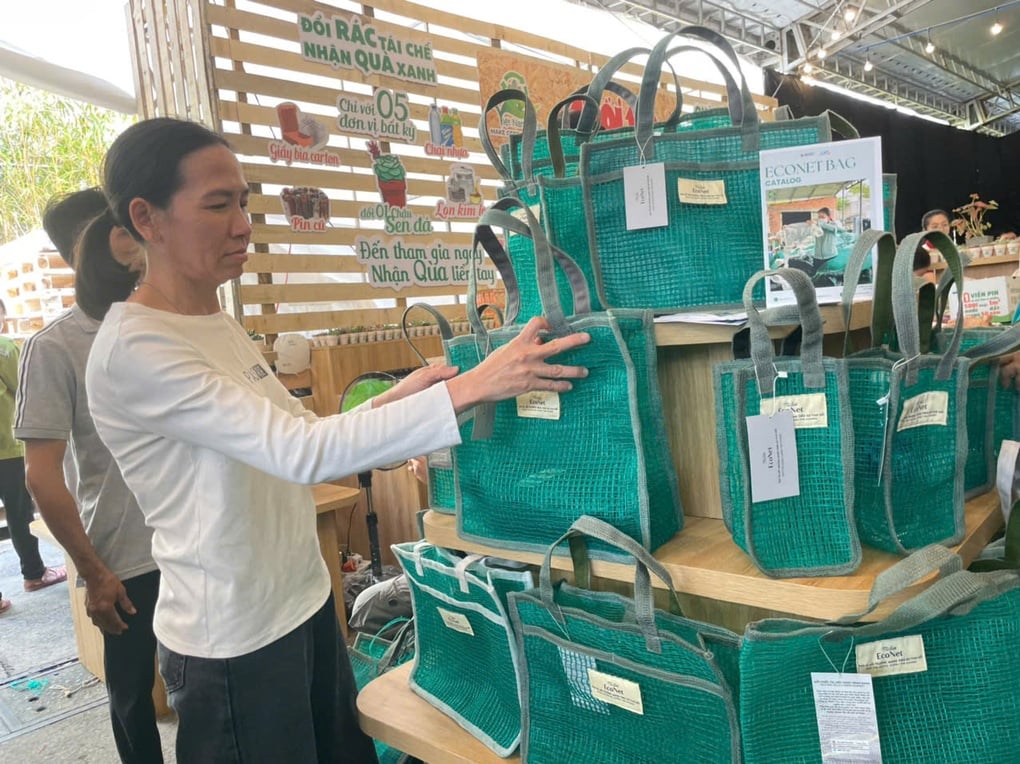
Ms. Nguyen Thi Hong Anh, Long Son commune, Ho Chi Minh City with a fishing net bag product (Photo: Huan Tran).
The project was then supported by Long Son Petrochemical Company, aiming at two goals: Reducing plastic waste in the sea and creating sustainable livelihoods for Long Son islanders. After being collected, old nets are cleaned, processed and then put into manual production. Each month, people can make about 200 bags, with different prices depending on the size. “My hometown people are very happy. It helps keep the sea clean and improves family income,” Ms. Anh shared.
Not only Long Son, many green start-up models of young people also participated, bringing products that seemed strange but familiar: Bricks made from recycled plastic, household items made from sugarcane bagasse, fashion accessories made from pressed paper, seashells or plant fibers. Each booth had a story about the material's regeneration journey, bringing a different perspective on the concept of "garbage".
Among the participating businesses is Faslink Company, which has been pursuing sustainable fashion for 17 years. Mr. Vo Thanh Phuoc, Director of Development at Faslink, said that the company is researching and producing T-shirt lines from coffee grounds, oyster shells, pandan leaf fibers, and plastic bottles.
“With just three cups of coffee grounds and five plastic bottles, we can create one T-shirt,” said Phuoc. The production process uses energy-saving technology, reducing carbon emissions while creating durable and environmentally friendly products. “Young people – especially Gen Z – are increasingly interested in sustainable clothing. This creates a great motivation for businesses to pursue a green path.”
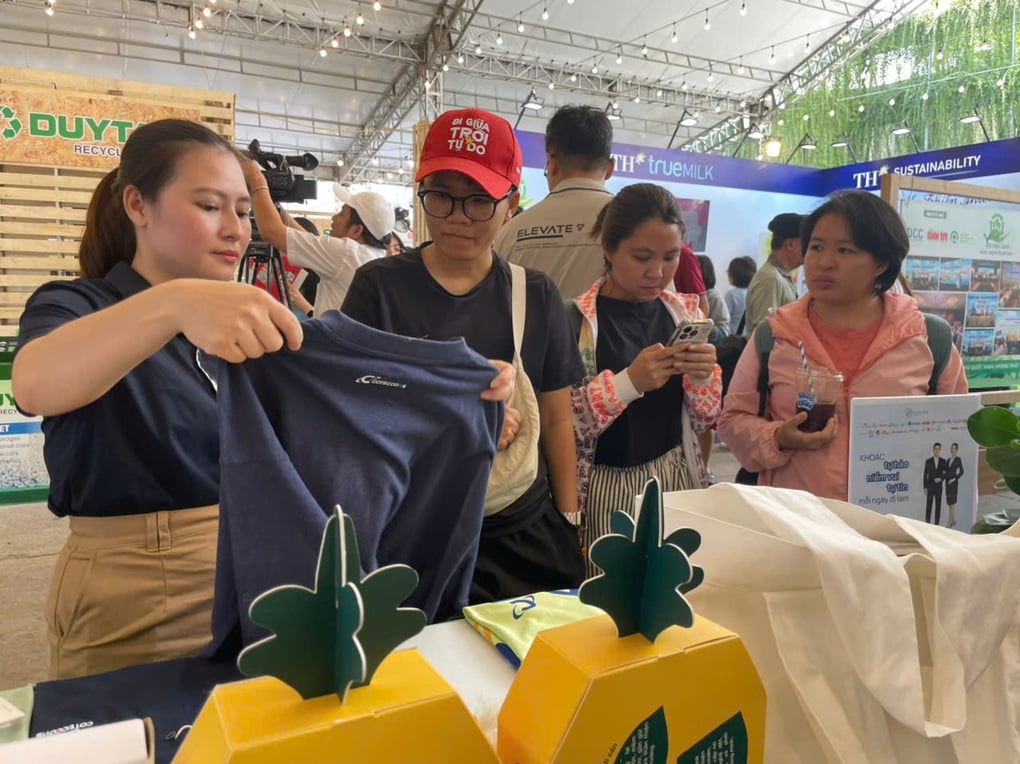
Consumers are interested in recycled fashion products made from pandan leaf fibers (Photo: Huan Tran).
Young people take the lead, the community responds
On the first day, the Vietnam Green Day 2025 attracted thousands of young people to visit. The “trash for gifts” experience area, mini games on waste classification and recycling instructions were always crowded. Direct experience activities are considered to help consumers better understand the regeneration journey of each product.
Ms. Nguyen Minh Khuong (Trung My Tay Ward, Ho Chi Minh City) said that she belongs to the Gen Z group and loves to experiment with recycled products. “We care about the environment, and we like it even more when we see that things that we thought were just discarded can become shirts, bags or household items. This makes me believe that a green lifestyle is possible, not far-fetched,” she said.
Ms. Khuong added that her group of friends often prioritize brands that are committed to sustainability or produce from recycled materials. “Going on a field trip makes me believe in the value of a green lifestyle.”
Not only young people, many older consumers at the event also said they are willing to pay more for environmentally friendly products. For them, this is not only a shopping option but also a way to "set an example" for their children and grandchildren, spreading good habits in the community.
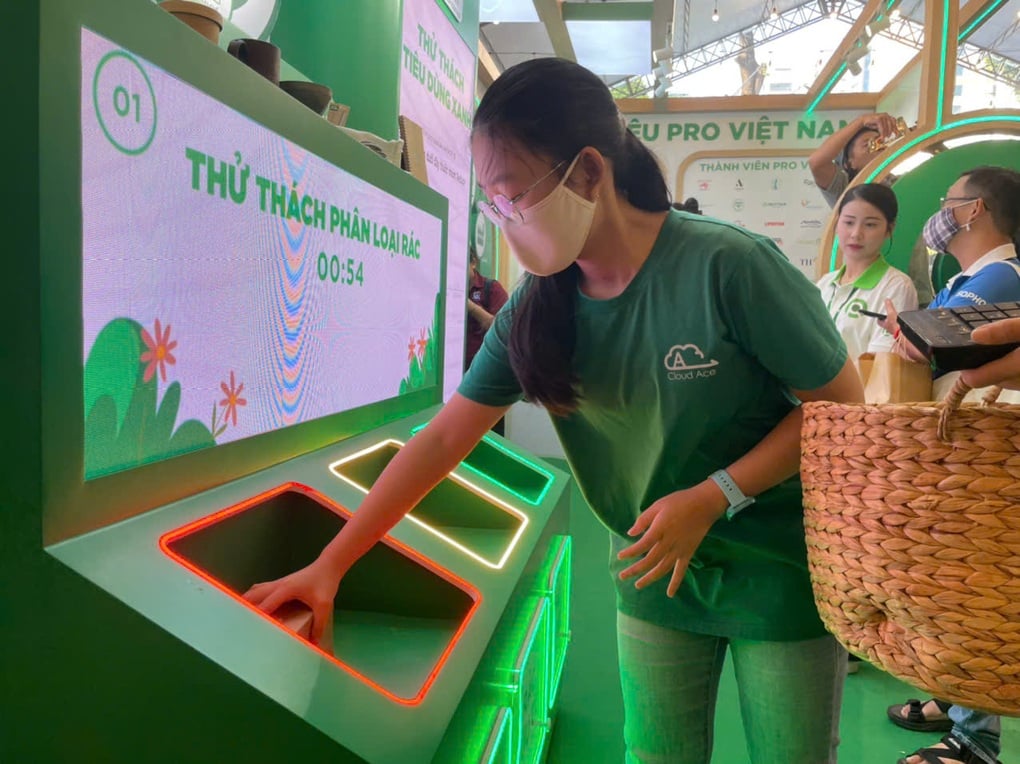
Young people participate in the garbage classification challenge at the event on the morning of November 15 (Photo: Huan Tran).
Every small action contributes to the national goal.
These positive changes in awareness are clearly demonstrated by data from the Packaging Recycling Alliance Vietnam (PRO Vietnam). Since launching the waste collection program, PRO Vietnam has achieved impressive results: 14,000 tons of recyclable waste collected in 2023; 65,000 tons in 2024, an increase of nearly 5 times. A 2024 survey by PRO Vietnam showed that 75% of consumers care about the environment and are willing to choose sustainable products.
However, according to Ms. Truong Thi Thanh Thuy, Project Director of PRO Vietnam, the process of moving from “concern” to “green purchasing action” is still hindered by concerns about the safety of recycled products, lack of information and hesitation.
“When we communicate about recycled products, the most common question from consumers is: Is it safe? This shows the need to provide more scientific , transparent and easy-to-understand information to reassure consumers,” said Ms. Thuy.
Dr. Nguyen Tuan Quang, Deputy Director of the Department of Climate Change - Ministry of Agriculture and Environment, emphasized that green consumption not only has personal meaning but also contributes significantly to national goals. “Small actions such as waste classification, prioritizing recycled products or reducing plastic use all contribute to helping Vietnam get closer to the goal of net zero emissions by 2050 - a strong commitment at COP26,” said Mr. Quang.
Photo: Huan Tran
Source: https://dantri.com.vn/kinh-doanh/san-pham-tai-che-hut-gioi-tre-tai-ngay-hoi-viet-nam-xanh-20251115170440346.htm




![[Photo] General Secretary To Lam receives Vice President of Luxshare-ICT Group (China)](https://vphoto.vietnam.vn/thumb/1200x675/vietnam/resource/IMAGE/2025/11/15/1763211137119_a1-bnd-7809-8939-jpg.webp)
![[Photo] Panorama of the 2025 Community Action Awards Final Round](https://vphoto.vietnam.vn/thumb/1200x675/vietnam/resource/IMAGE/2025/11/15/1763206932975_chi-7868-jpg.webp)

![[Photo] Prime Minister Pham Minh Chinh meets with representatives of outstanding teachers](https://vphoto.vietnam.vn/thumb/1200x675/vietnam/resource/IMAGE/2025/11/15/1763215934276_dsc-0578-jpg.webp)
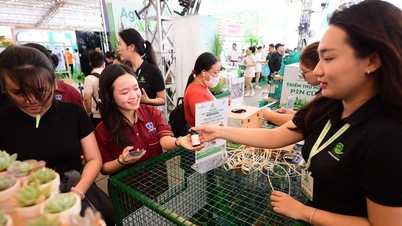

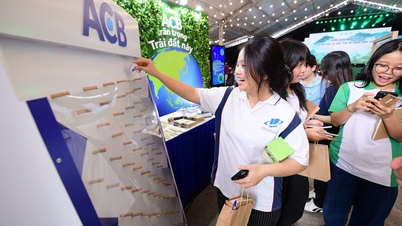
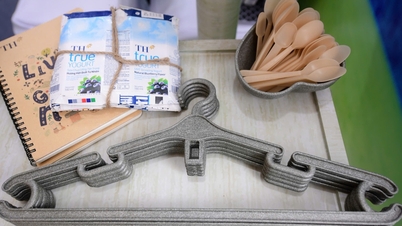

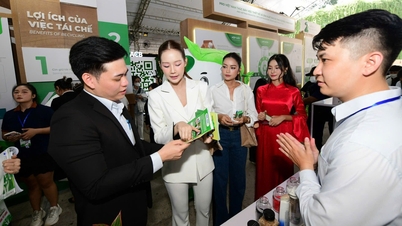

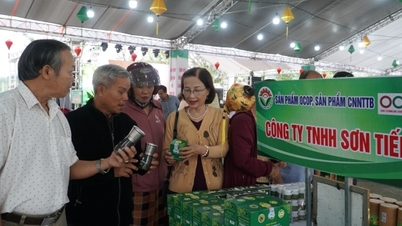





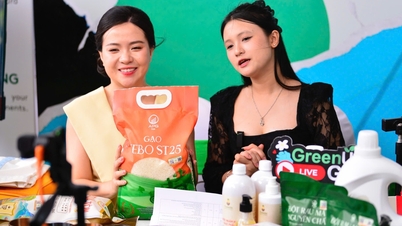
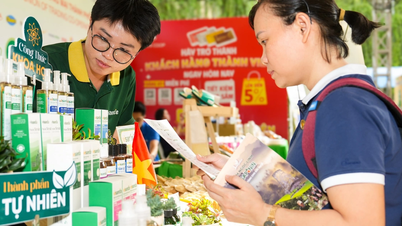






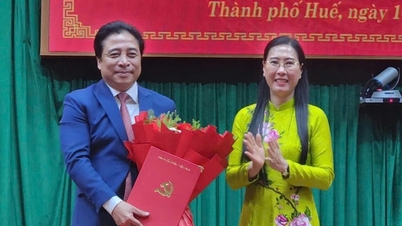
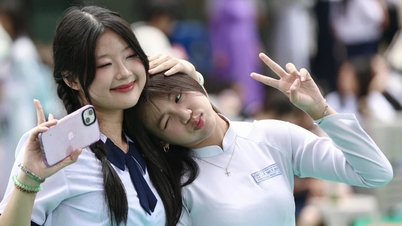
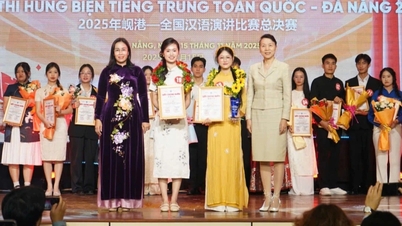

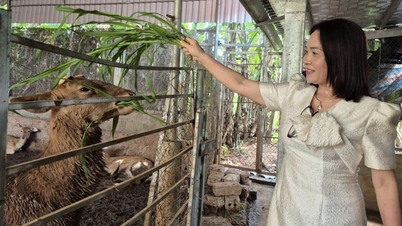






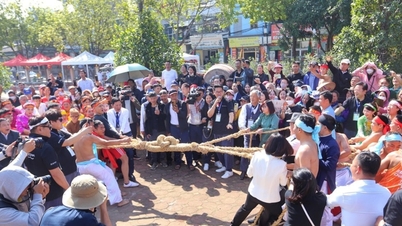


























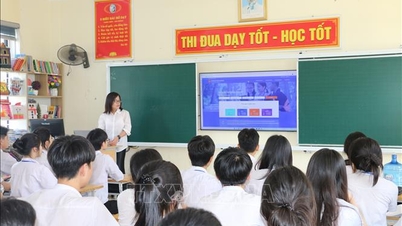

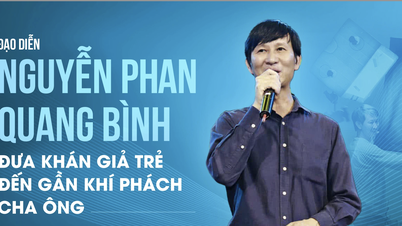


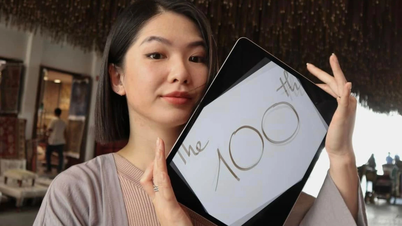


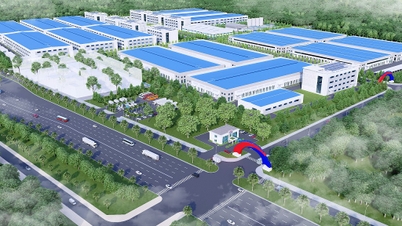







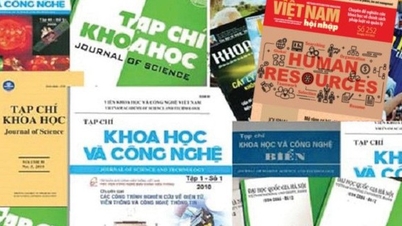
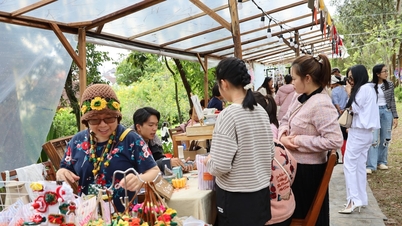

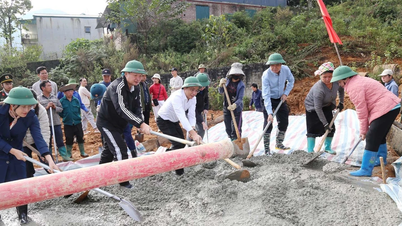

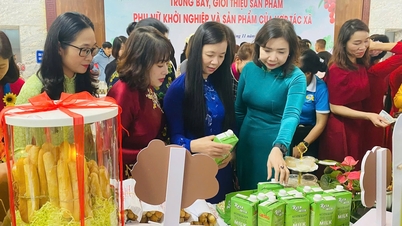

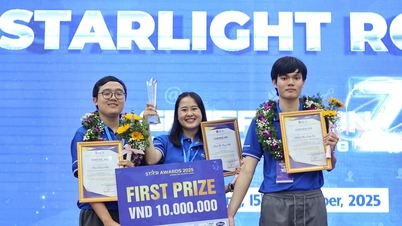

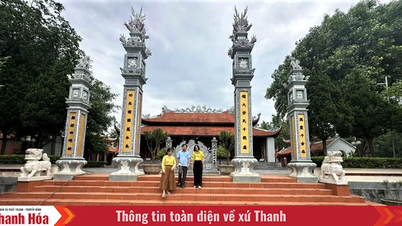
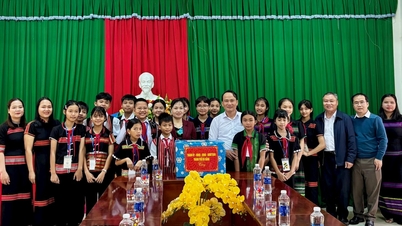








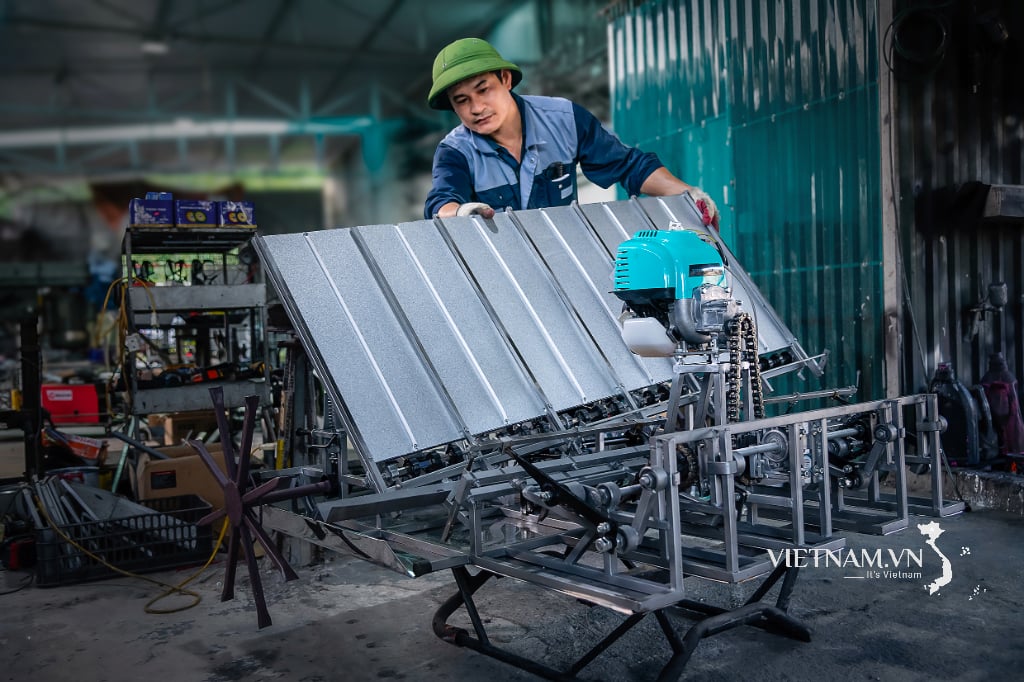



Comment (0)